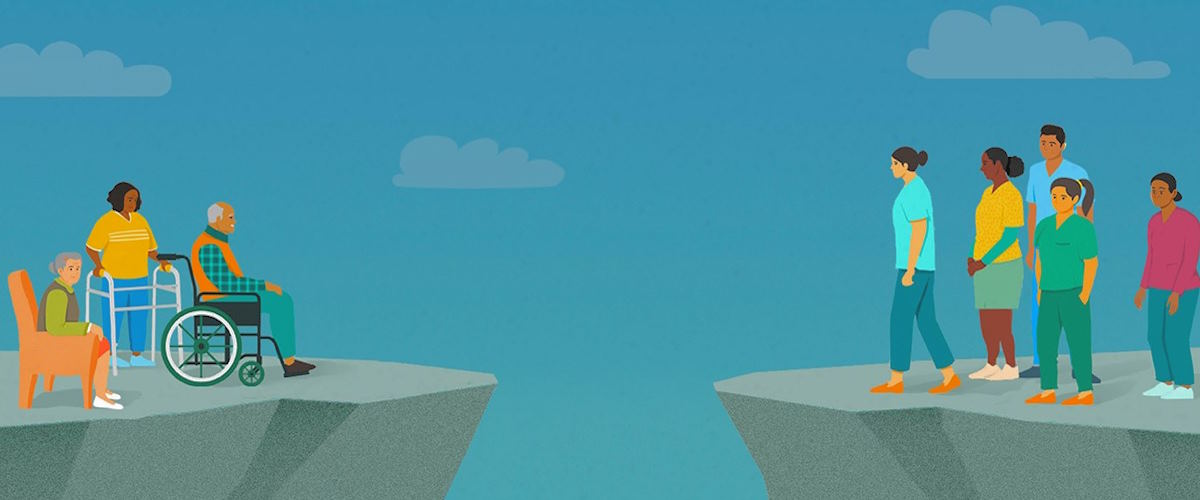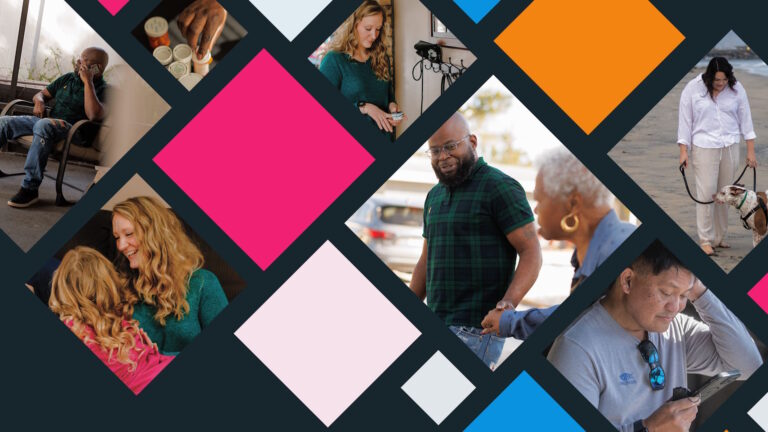Access to healthcare is essential to overall well-being and should be available to all. However, the situation is far from ideal, with many people falling behind due to differences in access to high-quality healthcare. To guarantee a healthier, more just future for everybody, we must close the gaps in healthcare accessibility, which we examine in this article.
Unfortunately, many people find themselves stuck on the wrong side of the divide because this bridge is full of holes and then reducing barriers to healthcare through the human services council’s programs. These differences may be cultural, economic, or geographical, but they always result in access to necessary services and care.
Employees
The distribution and retention of biomedical physicians in rural public hospitals pose a challenge to the accessibility of healthcare services. Physician burnout arises from the current workforce’s excessive workload, reflected in the stark differences between the number of patients and the number of qualified healthcare providers available to serve them.

Patient involvement and education
Patient involvement and education are essential for enabling people to participate in their healthcare. Patient knowledge increases the likelihood that the patient will adhere to their treatment plan, participate in decision-making, and see better health outcomes.
According to a report published in BMC Health Services Research, 49% of patients lack adequate health literacy, which brings attention to this problem.
Services for mental health
Even though the value of mental health is becoming more widely recognized, there is still a gap in the availability of sufficient resources and support. According to a report, approximately 26% of adult Americans have a diagnosable mental health disorder, highlighting how pervasive this problem is. But a lot of people with mental health issues don’t get the help they require, which exacerbates their conditions and has wider societal repercussions.

Lack of consensus regarding duties and roles.
The belief among respondents that public and private health organisations can and should do very different and separate things was one of the main findings of the human services council supports vulnerable populations in healthcare. According to the respondents, public health organisations are a community’s overall health and health outcomes, while private healthcare organisations provide treatment.
Healthcare in these areas can be revolutionised by a dedication to workforce development, health education, primary healthcare strengthening, the human services council’s role in improving healthcare equity, and technological innovation.
The international community must acknowledge that health is a limitless universal right as the world develops. Ensuring that developing nations have access to high-quality healthcare not only enhances the lives of individuals but also advances and stabilises entire countries.



